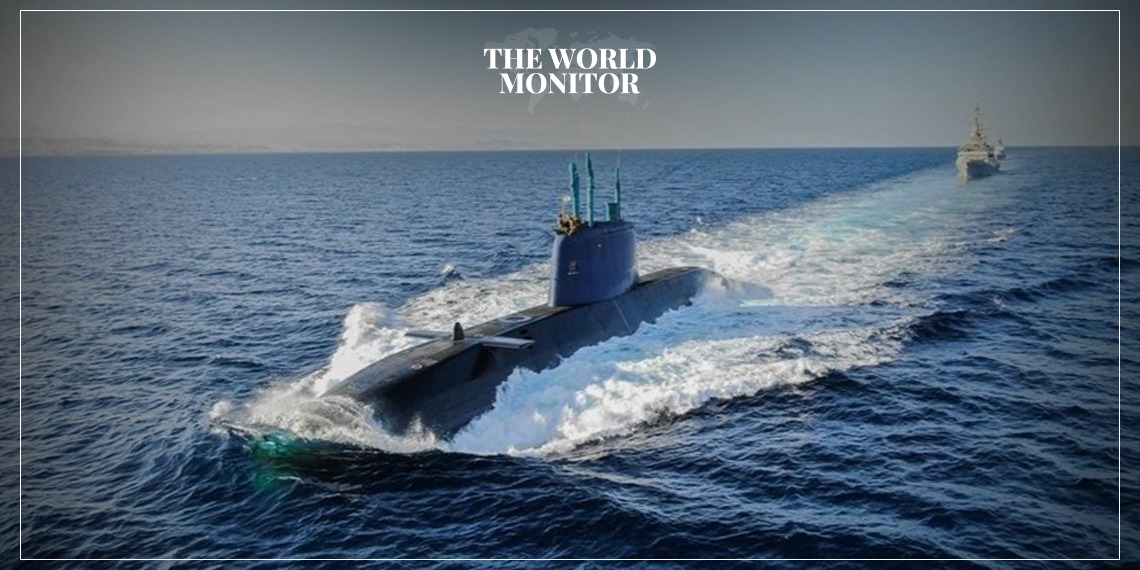Israel has formally approached several countries, including the United Kingdom and Japan, to form a specialized task force aimed at ensuring the freedom of navigation in the region, particularly in the Red Sea. This move comes in response to recent attacks on Israeli and other ships.
The Houthis carried out an attack against three commercial ships yesterday, which was countered by a U.S. destroyer. Israel seeks to include this destroyer in the special task force it plans to form as part of a multinational alliance in the Bab el-Mandeb Strait area, according to the Israeli website “I24 news.” Reports indicate that Israel is preparing for more attacks by the Houthis against Israeli ships or those connected to Israeli businessmen, and is considering ways to act, not necessarily independently, but also within a coalition of countries.
Since the beginning of the war in the Gaza Strip, the Israeli Navy has expanded its activities in the Red Sea, primarily for aerial protection missions, i.e., thwarting air threats from Yemen on the city of Eilat.
Yesterday, the Houthis attacked three commercial ships operating in international waters south of the Red Sea, following several previous incidents over the past days.
Recently, Jake Sullivan, the White House National Security Advisor, announced that the United States is engaging in discussions with various countries to form a maritime task force in the Red Sea. The primary objective of this initiative is to ensure the safe passage of commercial ships in this crucial maritime corridor. Complementing this effort, the multinational Combined Maritime Forces in the Middle East have already set up a new Combined Task Force-153, which is dedicated to addressing maritime threats specifically in the Red Sea and the Gulf of Aden. Additionally, the US Navy is in the process of establishing a new task force to bolster its presence in the Red Sea region alongside its allied nations. This move underscores the increasing emphasis on maritime security in this strategically vital area, reflecting growing global concerns about ensuring safe and secure maritime routes.






